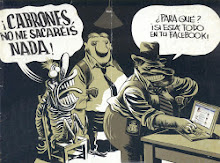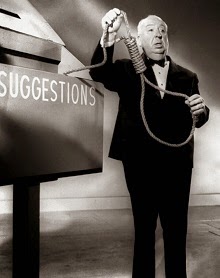Francisco Goldman
When I think
of the writers I adored in my 20s, during the 1970s and ’80s, it almost makes
me think that winning the Nobel Prize in Literature must not be so hard,
because nearly every one of them has won it: García Márquez, Bellow, Morrison,
Coetzee, Naipaul, Grass and, in 2010, the youngest and only surviving member of
the Latin American “boom,” Mario Vargas Llosa. I mention this not to pitch
myself as a reliable Nobel handicapper but to point out the futility of
ascribing any politically correct left-wing bias to the Swedish Academy, since
at least three of those favorites — Bellow, Naipaul and Vargas Llosa — are
about as politically correct as Margaret Thatcher. All three have been
identified with the cultural and political right, none more so than Vargas
Llosa, who ran seriously for the presidency of Peru and who to this day is
probably, partly through the opinion columns he publishes in Spain’s El País,
the Spanish language’s most prominent conservative intellectual.
In the life
outside the one I inhabit when reading novels (often carelessly referred to as
“reality”), I’ve sometimes been infuriated by Vargas Llosa’s published
political incursions, and sometimes uplifted. But none of that matters when I
pick up a new Vargas Llosa novel. The title of his latest, “The Discreet Hero,”
refers to not one but two of its central characters, who appear in nearly
alternating chapters, living in distant Peruvian cities. Felícito Yanaqué is
the up-by-the-bootstraps founder of a transportation company in the provincial
city of Piura. Don Rigoberto — a sophisticated hedonist who has featured in two
previous Vargas Llosa novels — is the successful manager of a major Lima
insurance firm owned by his longtime friend, the octogenarian Ismael Carrera.
Both Felícito and Don Rigoberto are beneficiaries of a Peru awash in rising
prosperity, its politics stable and democratic. “These are good times for Piura
and for Peru. . . . I hope they last, knock wood,” one character tells his
cousin, Sergeant Lituma (also reappearing from earlier Vargas Llosa novels),
who has returned to the formerly raffish neighborhood of his youth — its
“chaos” and brothel bars now replaced by “straight, parallel streets . . .
respectable . . . colorless” — in search of a dangerous suspect. Lituma, a
policeman who has “never asked anybody for a single bribe,” has found his
cousin’s thriving auto repair shop built on the very spot where the family’s
humble house used to stand.
Vargas Llosa,
in interviews, has called “The Discreet Hero” his most optimistic novel. In
contemporary Peru, even the residents of Lituma’s boyhood slum can thrive so
long as they work hard. But as the policeman’s presence indicates, these aren’t
good times for everybody. Evil acts and crime, even violence, threaten Felícito
and Don Rigoberto. “This is one of the important functions of literature: to
remind men and women that however firm the ground that they walk on appears to
be, and however brightly the city that they live in shines, there are demons
lurking everywhere” — that sentence, from Vargas Llosa’s admiring essay on
Henry Miller’s “Tropic of Cancer,” could equally reflect on “The Discreet
Hero.”
Both Felícito
and Don Rigoberto are being extorted. Felícito receives notes signed with the
symbol of a spider, demanding he pay $500 a month in protection money or face
the consequences. Don Rigoberto, meanwhile, faces a more complicated but
equally menacing racket. His boss, the widower Ismael, has married his much
younger housekeeper and gone to Europe. He says the relationship rejuvenates
him. But Ismael has also acted out of “rancor toward the hyenas,” his decadent
and dangerous playboy twin sons, who he suspects wish him dead so they can
inherit his fortune. Because Don Rigoberto was a witness at the marriage, the
twins want him to testify that their father was manipulated and not competent.
With their lawyers, they are holding up Don Rigoberto’s longed-for early
retirement and a planned trip to Europe with his wife, even threatening him
with invented accusations of defrauding their father’s company.
“The Discreet
Hero” isn’t solely a detective story. As with the cast, the novel has fun
reuniting genres we associate with Vargas Llosa. Here are traces of the “total
novel” that seeks to represent an entire society, along the lines of
“Conversation in the Cathedral,” one of Vargas Llosa’s great masterpieces, an
intense, complex, thrillingly alive, darkly political novel of Peru at a time
when it didn’t inspire much optimism in anybody. “The Discreet Hero” includes
often hilarious echoes of the playful erotic novels — think Gomez and Morticia
Addams, but hornier — that featured Don Rigoberto and his second wife,
Lucrecia, the sexy stepmother seduced by the demonic, beautiful young Fonchito,
Rigoberto’s son from his first marriage. Here too are echoes, though less
comic, of the soap opera melodrama of “Aunt Julia and the Scriptwriter.” For
most of this novel Vargas Llosa blends these disparate elements skillfully,
with his familiar windmilling style. The book is often funny; you turn the
pages with relish; it offers up plenty to think about and admire; for most of
its length it immerses you in the way you hope any novel will immerse you. Of
course a lot of this book’s drive and wonderful verbal energy in English are
attributable to what is clearly a superior translation on the part of Edith
Grossman, the admired translator of many Spanish-language greats.
Yet as its
title implies, “The Discreet Hero” is also a kind of moral fable, suggesting it
may have a didactic purpose. It asks what makes for a discreet hero, or for two
of them. Felícito is a cholo, raised by his peasant father, spending his whole
life “working like a slave, never taking a vacation.” We understand this is a
trait we should admire, and of course we do. Felícito also has a nearly
mystical side, with a mulatta friend who dispenses ambiguous prophecies that
always come true while also signaling looming plot developments. “Human beings,
each of us, are chasms filled with shadows,” a priest in the novel remarks, and
Felícito certainly has shadows. He has reason to doubt his white-skinned oldest
son is really his own. And he regards his dutiful lowborn wife as “a piece of
furniture.” Meanwhile he has fallen in love with Mabel, young enough to be his
daughter. She’s the kind of prostitute, or semi-prostitute — the distinction
matters, in this novel — who “had to feel at least some affection for the man,
and also had to get the goods.” Felícito weeps when they finally make love:
“Until now I didn’t know what it meant to feel pleasure, I swear.” He buys
Mabel a small house and opens a bank account for her.
Felícito
refuses the extortionists’ demands and even taunts them with an open letter in
the newspaper. He is risking his life. His sons protest they don’t want him to
die; they don’t seem to consider that he is placing their own lives in danger
too. Felícito tells Mabel: “I’ll never pay an extortionist. Not even if they
kill me or the thing I love most in this world, which is you.”
Don Rigoberto
likewise stands up to Ismael’s sons, though it threatens “his plans for a
joyful retirement rich in material, intellectual and artistic pleasures.” The
reader understands that the twins represent one of the most reprehensible
phenomena of Latin American culture: privileged white youths who commit as many
crimes as they want, shielded by wealth and social position. They are very bad
sons, another of the novel’s themes.
“The Discreet
Hero” plays out without excessive exploitation of that most annoying feature of
crime fiction, the withholding of information. Yet the last third is a
disappointment, as Vargas Llosa’s narrative exuberance yields to his didactic
intentions. I know we are supposed to admire Felícito for standing up to the
extortionists — except I live in a part of the world, Mexico, where people who
did that would guarantee their own and probably their loved ones’ violent
deaths. How realistic does a novel have to be to resonate realistically outside
its setting? Economically and politically, Mexico, along with most of Central
America, is not a region that anybody feels optimistic about right now. But
nobody goes to a novel for a rebuke of Thomas Piketty’s economic theories. I do
wish more of this book had been devoted to the redoubtable Sergeant Lituma. I
have a feeling this isn’t his last appearance in a Vargas Llosa novel, and I
look forward to his return.
THE DISCREET HERO
By Mario Vargas Llosa
Translated by Edith Grossman
326 pp. Farrar,
Straus & Giroux. $26.


































0 comentaris:
Publica un comentari a l'entrada